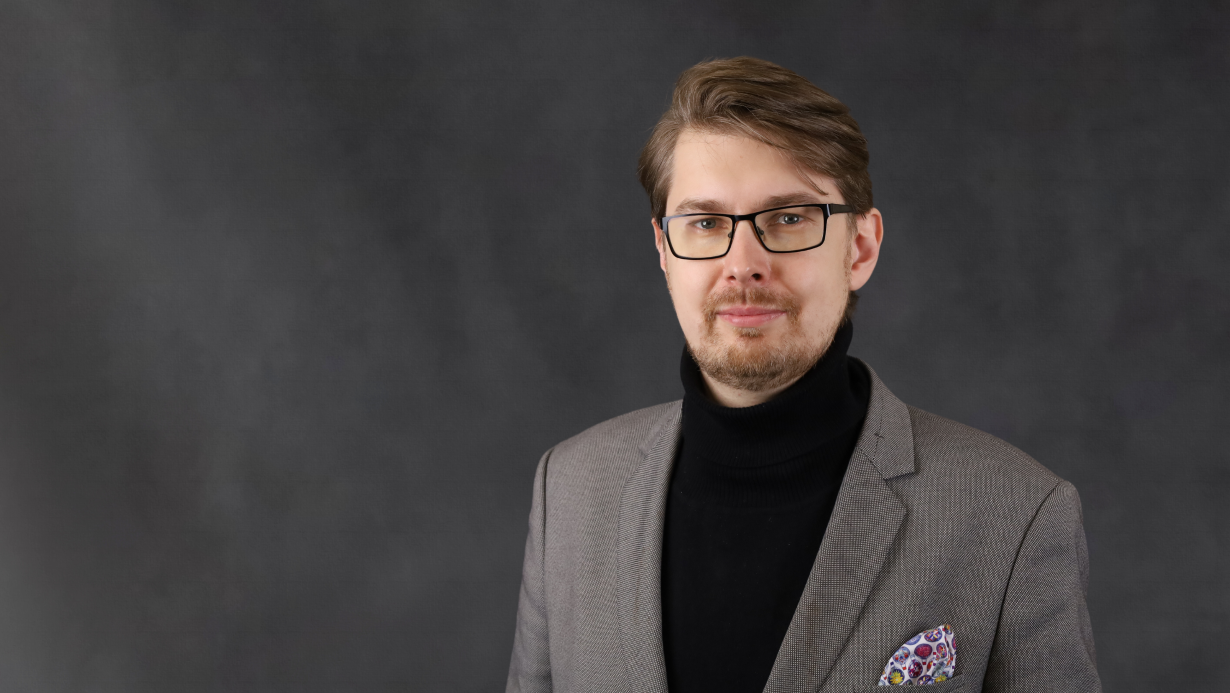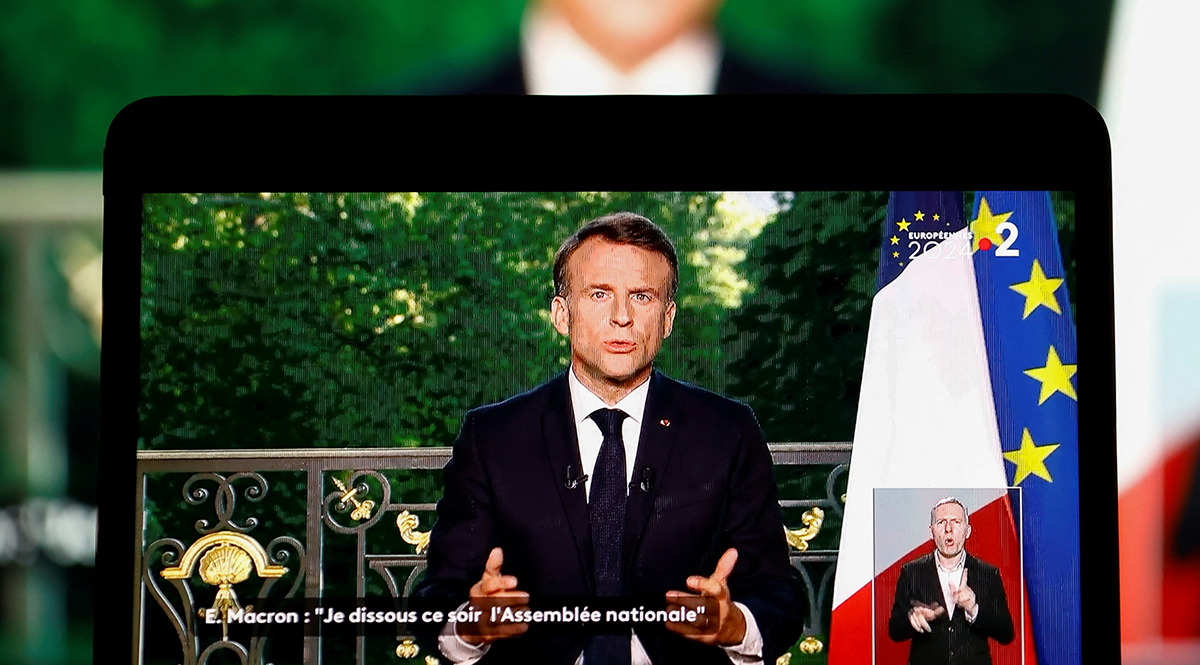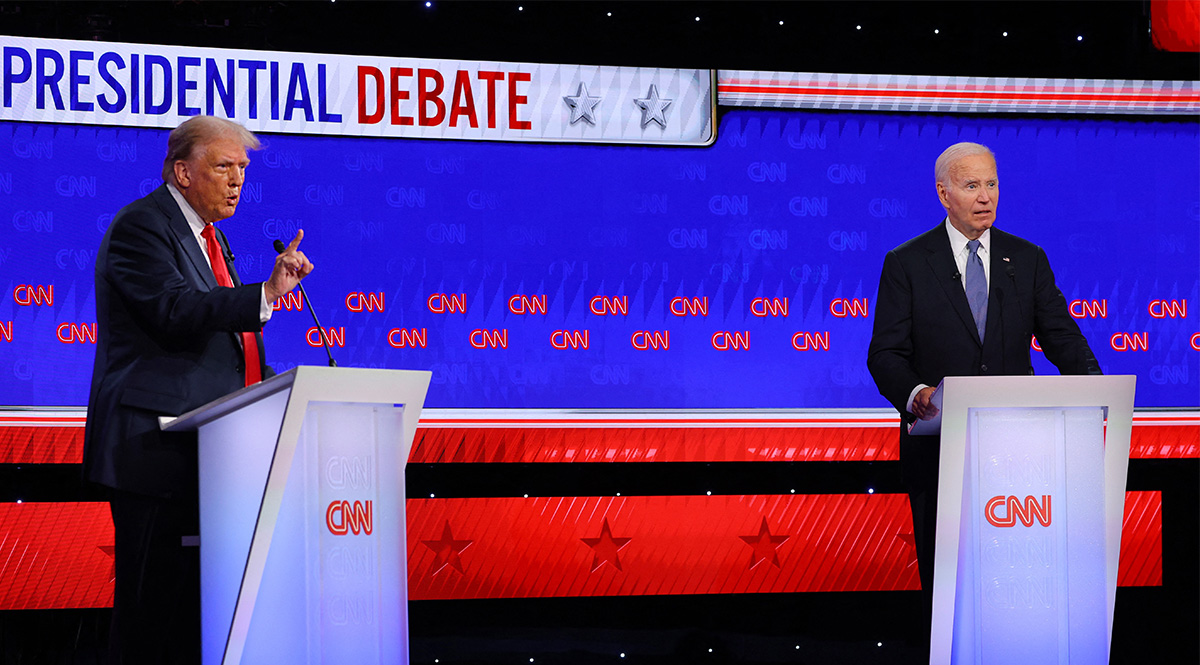On 2 July, for the first time since 2018, Polish-German intergovernmental consultations were held. The topics of the discussions were primarily security and defence issues, as well as matters related to the policy of remembrance and compensation for the surviving Polish victims of the German occupation in the Second World War. Progress was made on bilateral military cooperation and the fight against irregular migration. Regarding compensation, Chancellor Olaf Scholz only vaguely supported the idea, but no concrete decisions were made on the issue.
.png) AA/ABACA / Abaca Press / Forum
AA/ABACA / Abaca Press / Forum
Background
Polish-German consultations at the highest level have a long tradition. The Treaty on Good Neighborship and Friendly Cooperation of 17 June 1991 stipulates regular meetings at least once a year at the level of the heads of government and foreign ministers. In 1997, at the request of then-Chancellor Helmut Kohl, this formula was expanded to include other ministers along the lines of the German-French intergovernmental consultations.
During this year’s consultations, in addition to the meeting of the heads of government and foreign ministers, talks were held between the ministers of European affairs, infrastructure, climate and environment, and others. The governments of Poland and Germany are primarily driven to closer cooperation by the international situation. The most important of them included the parliamentary elections in France, the results of which are likely to weaken the German-French tandem in the EU, and the prospect of Donald Trump’s victory in the U.S. presidential election. For the Polish and German governments, the consultations were also an opportunity to emphasise their willingness to cooperate more closely than in previous years and to improve bilateral relations.
The domestic situation in both countries is developing differently. In Poland, the success of Civic Coalition in the elections to the European Parliament (EP) strengthened Prime Minister Donald Tusk. In Germany, on the other hand, the defeat of the Social Democrats and the Greens as well as the FDP in the EP elections weakened Chancellor Olaf Scholz. The head of government was also damaged by the conflict within the ruling coalition over the assumptions of next year’s budget. The Liberals advocated budget cuts, which caused dissatisfaction among ministers from the SPD and the Greens. A compromise on the issue was only reached on 5 July.
Subjects of the Talks and Key Decisions
Discussions were held on strengthening the defence potential of Poland and Germany, further support for Ukraine, as well as cooperation in combating irregular migration and protecting Poland’s eastern border. The sides also talked about issues related to the green transformation and increased EU competitiveness, as well as possible measures for the reindustrialisation and further digitisation of the economies of both countries. For Poland, security and defence issues remain the priority. For Germany, on the other hand, climate policy and possible measures to implement the Green Deal and the “Fit for 55” package play a big role. Issues related to the policy of remembrance and compensation for Polish war victims and cooperation between Polish and German societies were also raised.
The consultations ended with the adoption of the Polish-German Action Plan. Both Poland and Germany recognise Russia as the greatest threat to the Euro-Atlantic order and confirmed their willingness to continue supporting Ukraine. As part of strengthening defence capabilities, increased investment in the defence industries of both countries was announced, but without further details. Modernisation of Leopard 2 tanks and an increase in the number of available spare parts were mentioned as possible areas of cooperation between Polish and German defence companies. Germany declared in general terms its willingness to support NATO’s Eastern Flank, but due to the Bundeswehr’s low potential, this was limited to announcements of coordinating activities and increasing military interoperability and mobility.
Within the framework of bilateral military cooperation, it was announced that engineering forces, the Polish Navy and Deutsche Marine in the Baltic Sea region would work together. The sides stressed the need to continue joint Polish-German military exercises, as well as (as agreed at the 24 June Weimar Triangle defence ministers summit) ones with Polish, German, and French involvement.
References to the Weimar Triangle and initiatives undertaken within its framework since the beginning of this year also appeared in other issues, such as cooperation in the fight against Russian disinformation and the joint fight against organised crime and terrorist financing. This indicates that the authorities of both Poland and Germany are counting on France to remain an important partner at least until the end of President Emmanuel Macron’s term.
The issues of irregular migration and human smuggling comprise a significant part of the Action Plan. Among other things, there are plans for closer cooperation between the police and border guards of the two countries, including joint patrols, training of officers and defining procedures for cross-border use of police drones.
In terms of activities for civil-society cooperation and Polish-German understanding, the reactivation and modernisation of existing formats, such as the Polish-German Roundtable and the Polish-German Forum, as well as the resumption of the annual award of the Polish-German Prize established by the provisions of the 1991 treaty, were announced. Also announced was the establishment of a Polish-German civil-society parliament, bringing together representatives of non-governmental organisations in a forum for discussion, as well as to formulate recommendations for politicians on Polish-German relations. Unlike Germany’s relations with France, however, the creation of a joint parliamentary assembly was not envisaged.
Compensation and Commemoration of WWII Victims
In the context of the experience of the war and the German occupation of Poland, the most concrete provisions concern issues related to the commemoration of victims and historical education. Prior to the consultations, Chancellor Scholz’s government approved a project for a planned Polish-German House in Berlin, with its permanent exhibition to present the history of Polish-German relations, with a special focus on World War II. The institution is to serve as both an educational centre and a memorial to Polish war victims. The project of the Polish-German House is to be submitted to the Bundestag in the autumn, and only then will deputies be able to decide on funding for its implementation. Even with long-term support, the Polish-German House will not be created until about 10 years from now, as indicated by both programme documents and the practice of creating such institutions from scratch. The governments of the two countries also pledged to promote the already finished Polish-German textbook Europe. Our History.
There has been no significant progress on the issue of compensation and support for the Polish victims of the German occupation. The governments declared only that they would continue the dialogue on the subject. They specified that the Polish-German Reconciliation Foundation would play an important role, but no details were given on the amounts, criteria, or schedule of payments. The main area of contention is the form of support for surviving war victims. For Chancellor Scholz’s government, the optimal solution would be the payment of one-time benefits in the form of an act of goodwill (ex gratia). For the Polish authorities, on the other hand, taking into account the living situations of the victims, the most favourable solution would be monthly payments, which would be a more permanent and viable form of assistance.
Conclusions
The Polish-German government consultations confirmed the will to bring the two countries closer, both bilaterally and in the Weimar Triangle. Limitations related to German domestic politics meant that the results of the consultations can be described as modest. Instead of a decisive breakthrough, they were more the beginning of a dialogue. Due to budget problems in Germany, a large part of the Action Plan’s arrangements are declarative in nature, with no indication of specific projects or their financing. Some of the plan’s provisions focus on revisiting previous projects and forms of cooperation.
Given the political calendar in Germany and the Bundestag elections scheduled for autumn 2025, key decisions on German-Polish projects and declarations should be made in the coming months. As the past practice of the SPD-Green-FDP coalition government indicates, there is a risk that individual ministers’ plans for more ambitious projects may be stymied by the Chancellery or the Chancellor himself.
Time pressure plays a special role in the issue of compensation for war victims, as it is necessary to agree on the details as soon as possible in order to start benefit payments while they are still living. Poland could emphasise that only consistent monthly payments are an effective form of assistance for the victims. Moreover, the payment of compensation, due to the small number of victims still alive, will not be a significant burden on Germany’s budget, but would be an important political signal indicating a genuine willingness to cooperate with Poland. Also, politically, only right-wing (Alternative for Germany) politicians speak out against compensation for war victims.





.jpg)

